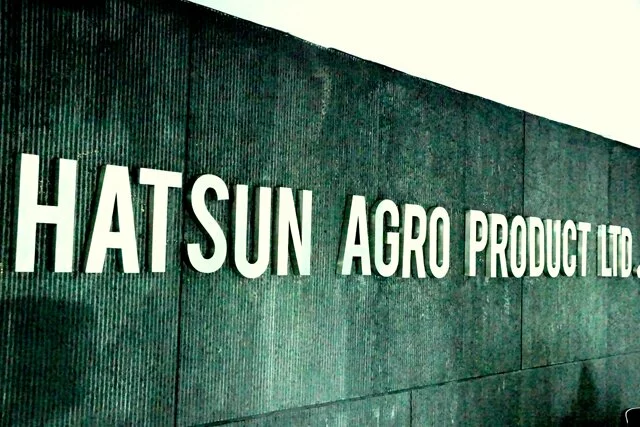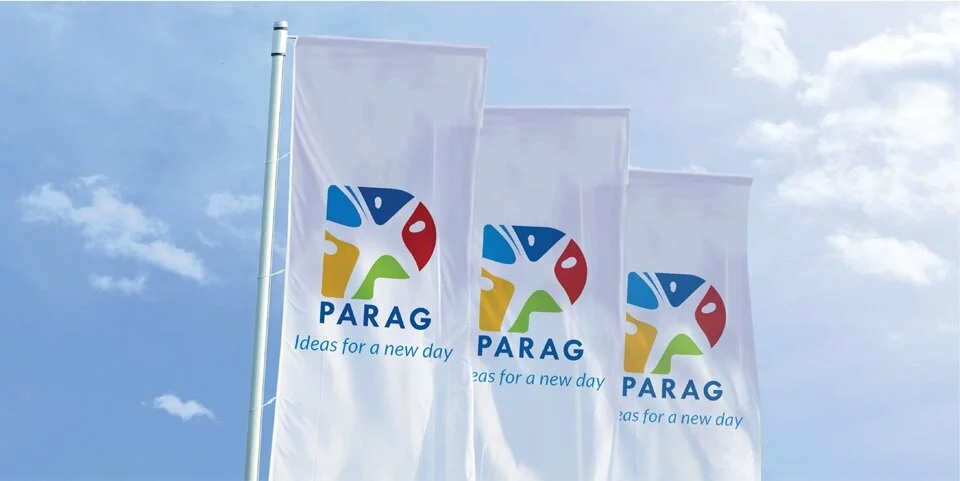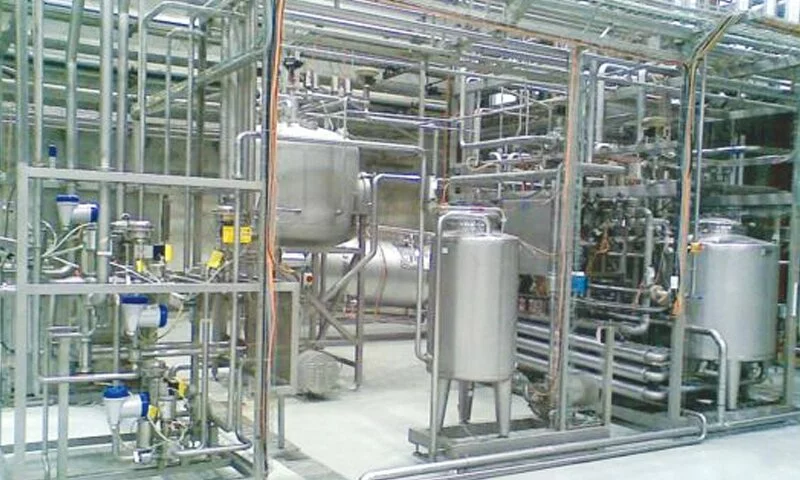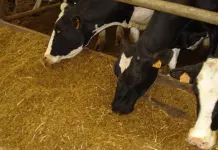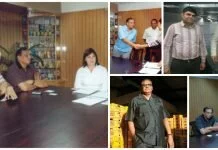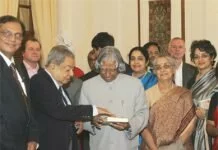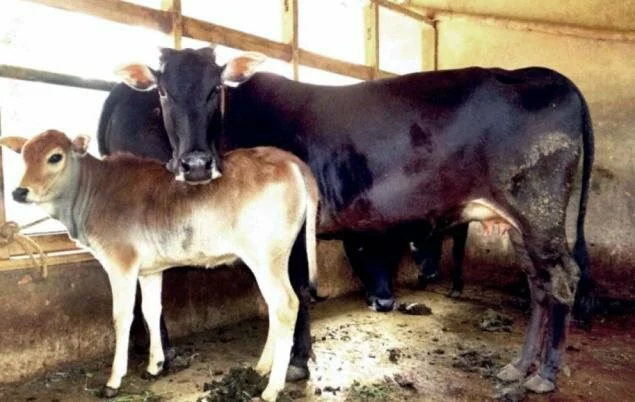Source: deccanherald.com
India has been rich in milk production, having a 300-million strong cattle population. However, lack of knowledge on proper rearing practices, inefficiencies in the distribution network for milk and milk products, and absence of adequate milk processing facilities at the village level has led to the exploitation of dairy farmers, in turn leading to consumption of low quality products.
To bring about efficiency in the sector, students of international not-for-profit students’ organisation Enactus Shri Ram College of Commerce (SRCC) have undertaken Project Sattva, which aims to improve rural livelihoods by rearing of high yielding cattle and value addition to milk through a mutually beneficial relationship.
“Project Sattva is an initiative to bring efficiency in the dairy supply chain, by promoting the production and supply of pure, unadulterated, farm fresh milk and milk products. It aims to promote scientific cattle rearing practices and value addition to milk at the village level, and revive the rural economy by establishing a direct link between village level producers and urban consumers. Through this project, we wish to tap into the entrepreneurial abilities of rural women and make them the harbingers of this change,” Mansi Periwal, director, Project Sattva, tells Metrolife.
Launched in April on pilot basis, the project is based in Amritpur Kalan and Taprana villages in Karnal, Haryana, and is engaged in expanding the operations of village level milk processing units where an average of 300 litres of milk is procured and processed by these units, daily. The villages were identified with the help of Arpana Services, which mobilises women into Self Help Groups to enhance their self-esteem and confidence. The project has also collaborated with National Dairy Research Institute (NDRI) for technical assistance.
To implement its vision, a five step model which includes identification of Kisan Sahyogi’s (identifying entreprenurial women who will avail the microfinance for cattle purchase, provide nutrient rich cattle feed and facilitate value added cattle services); formation of processor groups (women who will collect milk and produce high quality dairy products); skill building (where women will be imparted technical training by NDRI); establishing a mutually beneficial relationship between the processor group and Kisan Sahyogis and market penetration and branding; has been adopted.
Explaining, advisory board member Divyat Rungta says that the NDRI will impart training in technical aspects to the Kisan Sahyogis and processor groups. “The Kisan Sahyogis will receive training in scientific methods of raising cattle, while the processor group will receive training in efficient production, quality testing and management of day-to-day operations. The communities will also be provided training in financial literacy and communication skills, to ensure smooth operations,” he says.
He adds that the Kisan Sahyogis will supply milk to the processor group that will then process it into milk products to be supplied to the customers in close proximity.
But, was there no resistance from the community while trying to get them on board? “At lot,” says Periwal, adding that the social fabric of the villages limited the role of women as child bearers and home makers.
“Moreover, dairy farmers in villages of Karnal had been practicing the age old methods of rearing cattle. They were untouched by the forces of technology and science. They were unable to reap fair returns for the money and time invested by them in rearing cattle, due to lower productivity,” she says, adding that farmers were also forced to deal with the exploitative practices of doodhiyas, who undercompensated them.
“This is where we intervened and after we met the community and explained our vision for them, they seemed to be excited for our collaboration,” she smiles.
In its six months of operation, Project Sattva has engaged 25 women directly and benefited 920 people indirectly through improved quality of products.
“We empower these women to gain ownership of their business, increasing the female labour force participation rate. The supply of fresh, unadulterated milk improves nourishment in the region. Moreover, due to the use of scientific methods of cattle rearing and modernising of techniques, it also helps in water conservation, manure management and reduces overgrazing,” says Dr Abhay Kumar, faculty advisor.
Ish Bhatnagar, programme coordinator, Arpana Services says that the project has helped women gain confidence of their skills. “Now, we can think ahead of becoming a model for others,” he says.
Comments
comments



